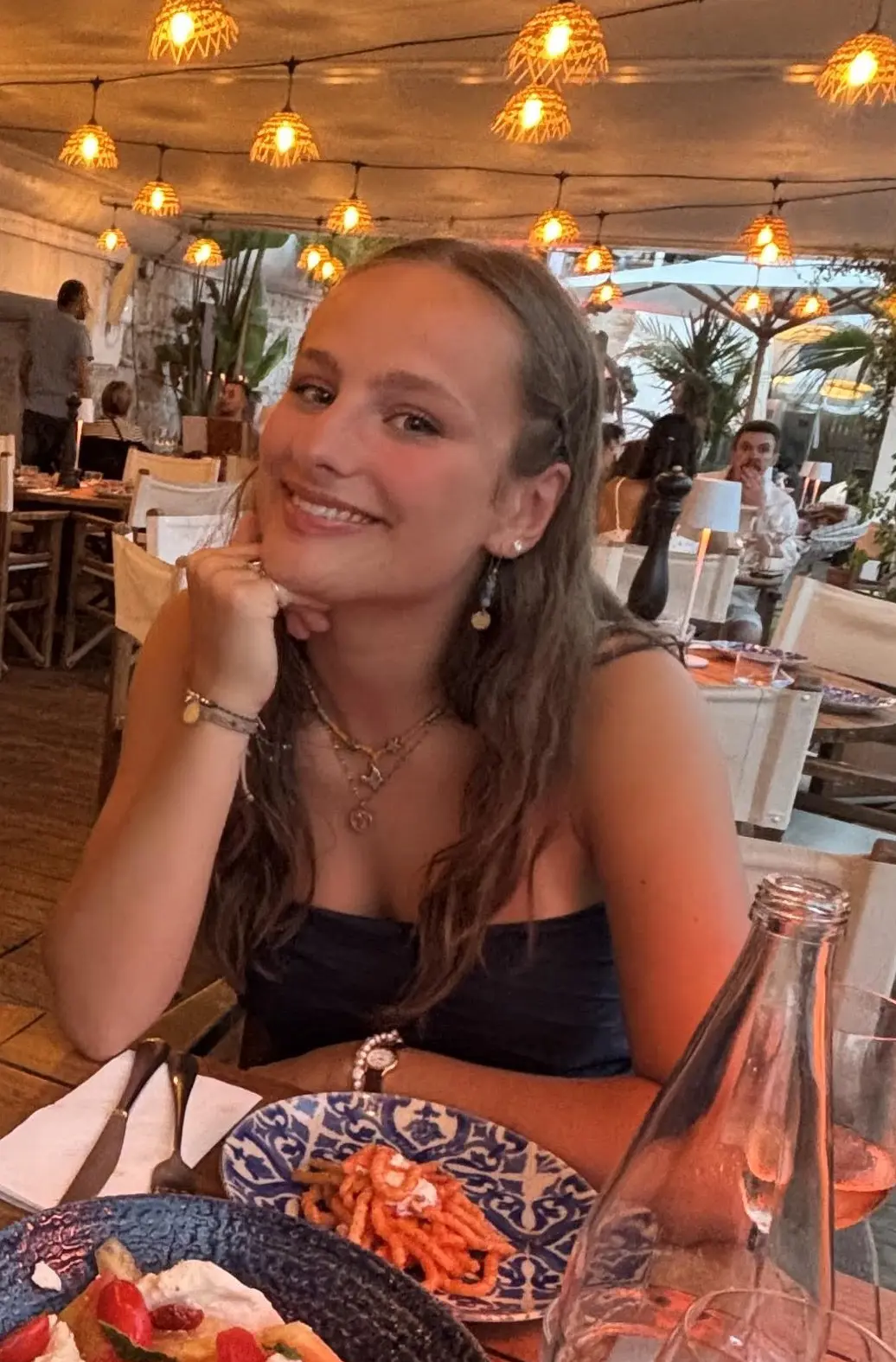Kings Ely sixth form
Academic
A Level English Literature
Students of English Literature have the opportunity to attend plays and poetry readings.

'The limits of my language mean the limits of my world.' Ludwig Wittgenstein
We are dedicated to nurturing a lifelong passion for reading in our students, empowering them to engage critically with the world around them and to challenge its prevailing narratives rather than passively living them.
We explore a diverse range of literary texts, from classic novels to contemporary poetry, with the aim of exposing students to the full range of human expressive potential. At the same time we teach them to develop their own voices through both discursive and creative writing as well as mastering the mechanics of spelling, punctuation and grammar.
We stay closely connected to the GCSE and A Level examination boards, ensuring our teaching aligns with the latest curriculum developments to give students the best possible preparation for exams.
To foster a deeper appreciation of language and literature beyond the classroom, we also offer enriching experiences such as theatre trips, debating, creative writing club, student magazine, and a literary society.
book yourself a personal tour!
| Prerequisite |
|---|
|
It is expected that students taking A Level English Literature have a minimum grade 6 or equivalent in both GCSE English and GCSE English Literature. |
| Topic Overview |
|---|
|
The OCR course is a two year A Level which explores a wide range of texts across the whole canon of English literature. The course includes the study of at least one Shakespeare play (currently Hamlet), poetry and drama pre-1900 with choices including Milton’s great epic Paradise Lost and Oscar Wilde’s An Ideal Husband. Modern texts are also explored, including at least one from post 2000. These texts are used to develop coursework writing providing students with many of the skills they will require at university level. Texts which have been taught recently have included: A Streetcar Named Desire, Sense of an Ending, and Auden’s poetry. There is a final unit which explores texts linked by a common theme, for example, Gothic fiction or American literature. For this unit students read 2 or more novels within the genre (currently either American: Great Gatsby and Grapes of Wrath; or Gothic: Dracula and The Bloody Chamber ). |
| Assessment |
|---|
Component 01: ShakespeareDrama and poetry pre-1900:
Component 02: Close reading in chosen topic areaComparative and contextual study from chosen topic area:
Component 03: Close reading OR re-creative writing piece with commentary.Comparative essay:
|
Housed in an original fifteenth-century building, the Porta Library supports curriculum teaching and reading for pleasure across senior school. With over fourteen thousand books and a strong collection of e-books and e-resources, the Library has something for everyone to enjoy reading.
Current students from Year 7 onwards and current members of staff can access and borrow from the Porta Library. Alongside providing a wide range of fiction and non-fiction, the collections aim to embody the principles of equality, diversity, and inclusion throughout.
The Library is open Monday to Friday 9am to 5.30pm including during breaktime and lunchtime, and also from 6.30pm to 9pm four nights a week. The Librarian welcomes recommendations and feedback is always encouraged.
